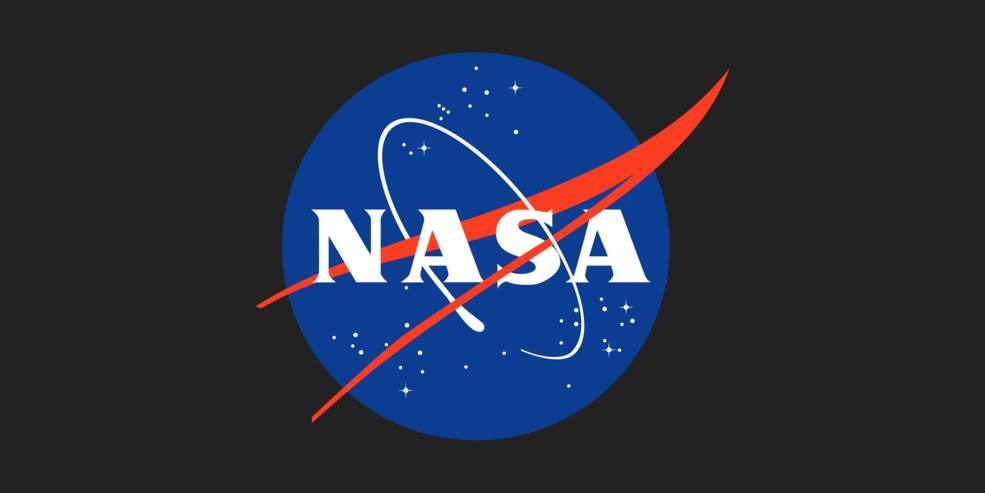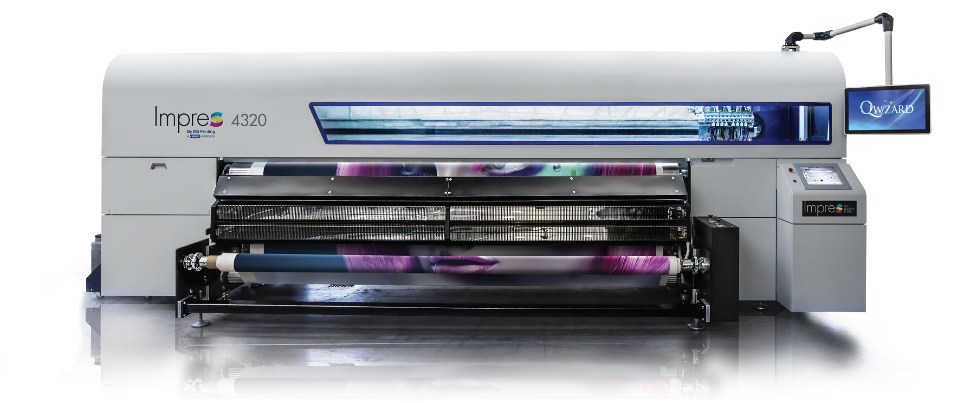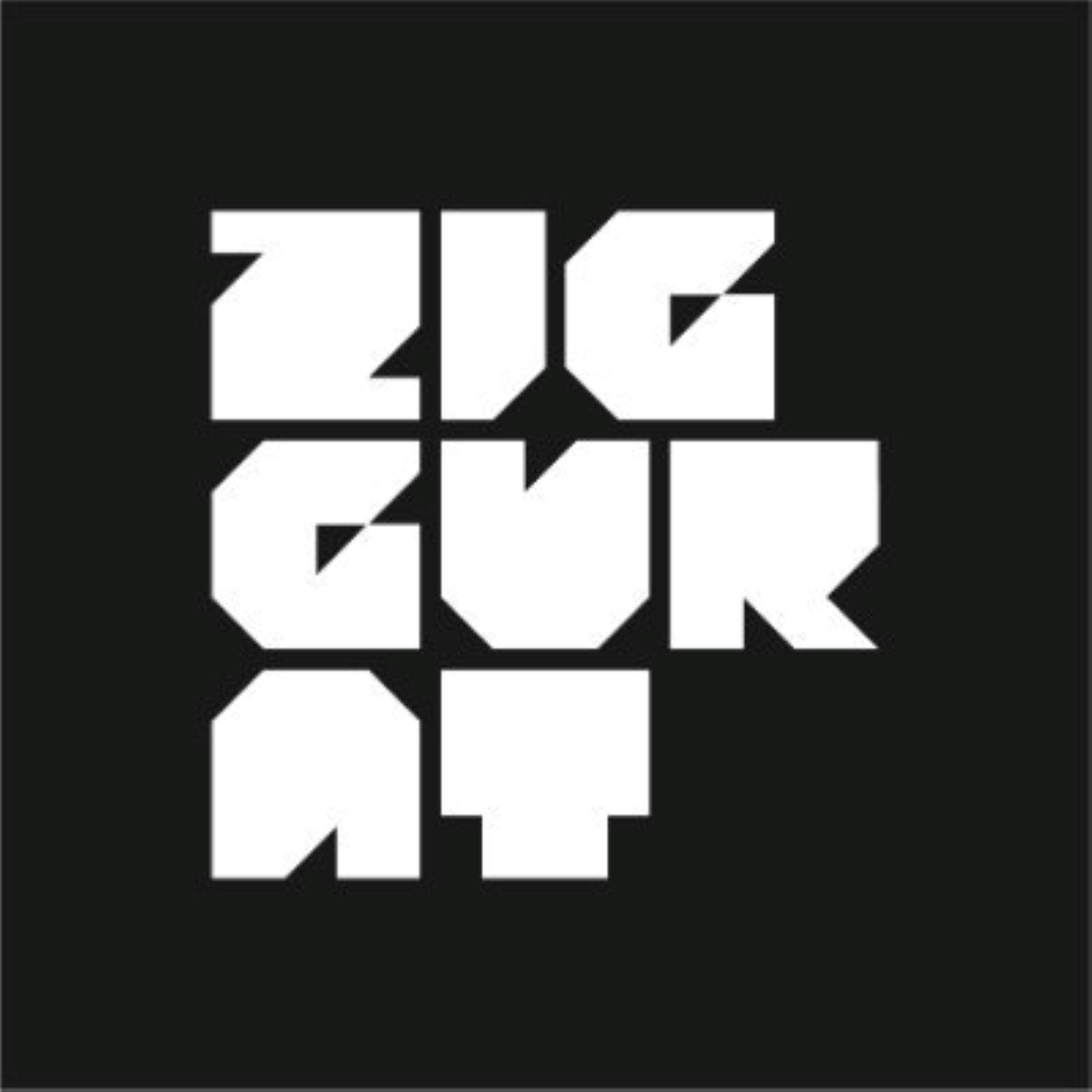NASA Selects Three Informal Learning Institutions to Inspire Next Generation

NASA’s Teams Engaging Affiliated Museums and Informal Institutions (TEAM II) has selected three informal education organizations to promote science, technology, engineering and math (STEM) learning to inspire the next generation of explorers.
The TEAM II solicitation of approximately $2 million will be awarded to the selected projects from the organizations:
- The Moon and Beyond: An Immersive Game for STEM Learning in Museums and Planetariums, Arizona Science Center, Phoenix
- Growing Beyond Earth Innovation Studio, Fairchild Tropical Botanic Garden Inc., Coral Gables, Florida
- Apollo Redux: Inspiring Next Generations of Engineers and Scientists through use of Historic Mission Operation Control Room Consoles and Simfault Interactive Programs, Kansas Cosmosphere and Space Center Inc., Hutchinson, Kansas
The selected projects provide authentic mission-driven STEM experiences that include: a new immersive “escape room”-inspired STEM game; traveling exhibitions featuring actual Apollo Mission Control Room consoles and interactive mission simulations; and the world’s first makerspace in a botanic garden, dedicated to NASA’s food production challenges.
The projects, selected from 43 proposals through a peer reviewed process, will be implemented over the next two to three years. The projects range in value from approximately $650,000 to $750,000.
“We believe the selected projects will offer meaningful and memorable STEM engagement opportunities for a large number of students throughout the country,” said Mike Kincaid, associate administrator for NASA’s Office of Education. “These types of opportunities will help inspire the next generation of American explorers by allowing them to not only learn about, but engage with and contribute to advancing NASA’s mission.”
These organizations will partner with other museums, K-12 and higher education institutions, informal education and maker networks to create exhibits, youth STEM learning programs, immersive multimedia, and hands-on, inquiry-based activities. Such projects extend the reach of informal learning organizations, with the goals of increasing critical-thinking skills and engineering and science literacy. They also prepare youth, particularly those in populations that are historically underrepresented in such professions, for careers in STEM.
The organizations will collaborate with NASA’s Museum Alliance, a nationwide network of informal education professionals at over 900 science museums, planetariums, NASA visitor centers, Challenger Centers, youth-serving organizations, camps, libraries, visitor centers, nature centers, aquariums and zoos. All are designed to partner with regional and national networks to reach wide audiences, far beyond the walls of the proposing institution.
For more information on 2018 NASA TEAM II, visit:
For more information on NASA’s education programs, visit:
-end-





